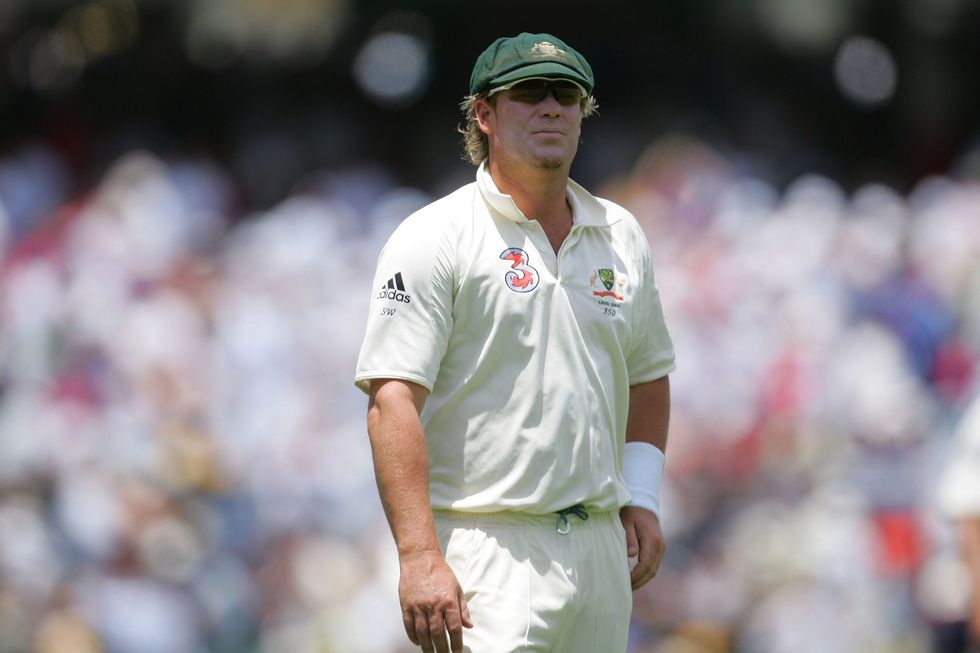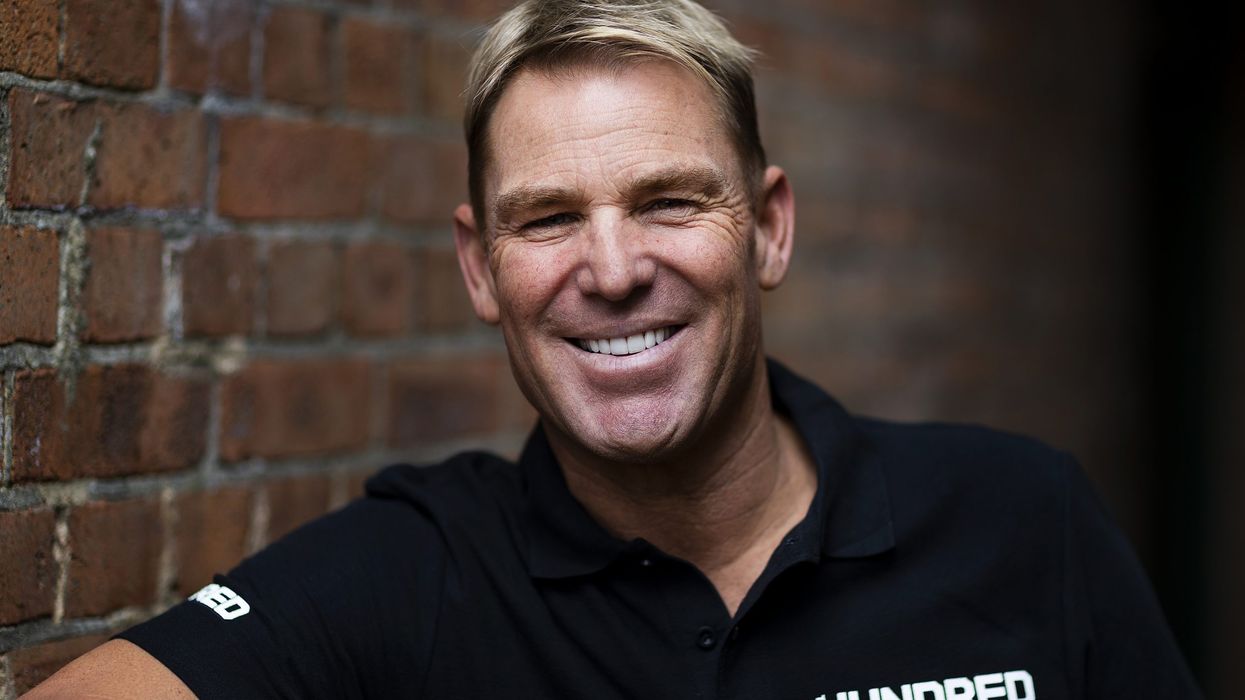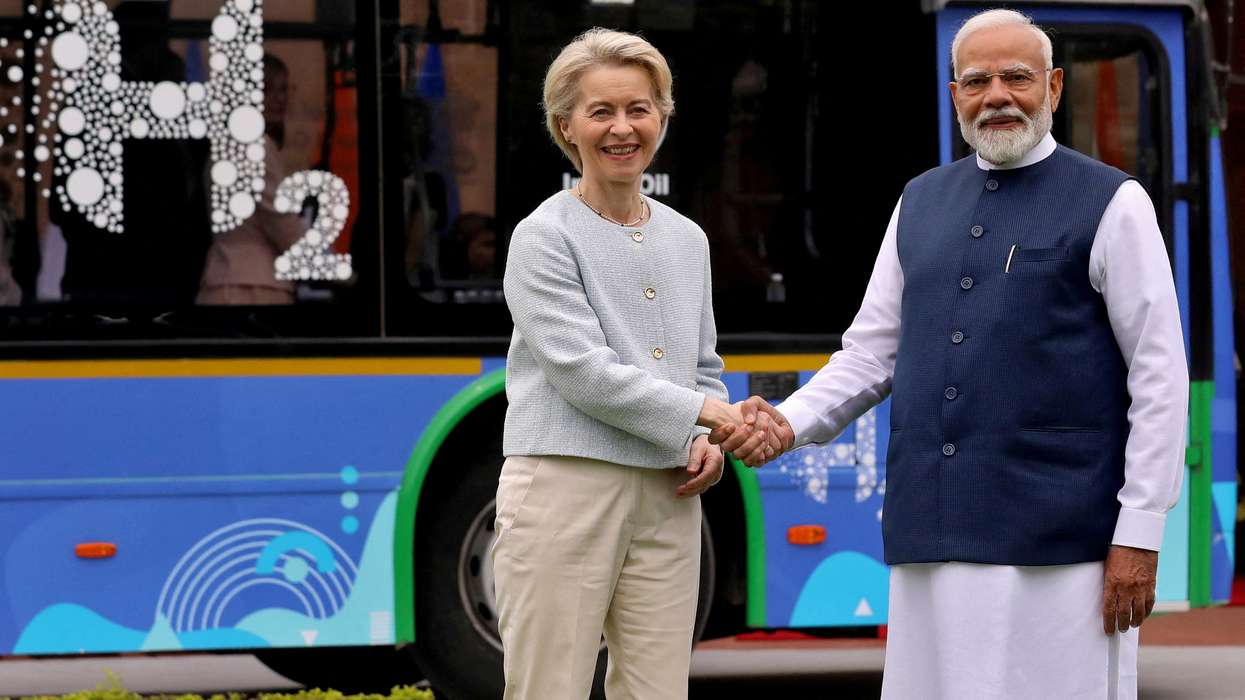AUSTRALIAN cricketer Shane Warne, one of the finest spin bowlers of all time whose talent and personality transcended the sport, died aged 52 on Friday (4).
Warne, who ended his spell-binding international career in 2007 with a remarkable 708 test wickets, died from a suspected heart attack in Koh Samui, Thailand, his family confirmed in a statement.
"Shane was found unresponsive in his Villa and despite the best efforts of medical staff, he could not be revived," the statement read.
"The family requests privacy at this time and will provide further details in due course."
Thai Police said Warne and three other friends were staying in a private villa and one of them went to inquire about him after the former cricketer did not turn up for dinner.
"The friend did CPR on him and called an ambulance," Chatchawin Nakmusik, an officer with of the Bo Put police on Koh Samui, told Reuters by phone.
"An emergency response unit then arrived and did another CPR for 10-20 minutes. Then an ambulance from the Thai International Hospital arrived and took him there. They did CPR for five minutes, and then he died."
They did not know the cause of death but were not treating it as suspicious, added Chatchawin.
Warne's death comes hours after another former Australian cricket great, wicket-keeper Rod Marsh died on Friday at the age of 74.
Warne's last post on Twitter, 12 hours before his death was reported, was a tribute to Marsh.
"Sad to hear the news that Rod Marsh has passed. He was a legend of our great game & an inspiration to so many young boys & girls. Rod cared deeply about cricket & gave so much-especially to Australia & England players. Sending lots & lots of love to Ros & the family."

Credited for reviving the art of leg-spin, Warne made his test debut in 1992 against India and by the time he ended his 15-year international career, the spinner had established himself as one of the all-time greats of the game.
He also had 293 wickets from 194 one-dayers and won the man-of-the-match award when Australia beat Pakistan in the 1999 World Cup final.
Rated among the five greatest cricketers of the 20th century, Warne was one of the game's prominent crowd-pullers whose craft as well as his lifestyle often made headlines.
The wily spinner frequently courted controversy and served a 12-month suspension after testing positive for banned diuretics in 2003.
Often called the best captain Australia never had, he inspired Rajasthan Royals to the inaugural Indian Premier League title in 2008.
Australia opener David Warner, currently playing in Pakistan, summed up the mood in the country.
"Two legends of our game have left us too soon. I’m lost for words, and this is extremely sad. My thoughts and prayers go out to the Marsh and Warne family. I just can not believe it. #rip, you will both be missed," he tweeted.
(Reuters)





